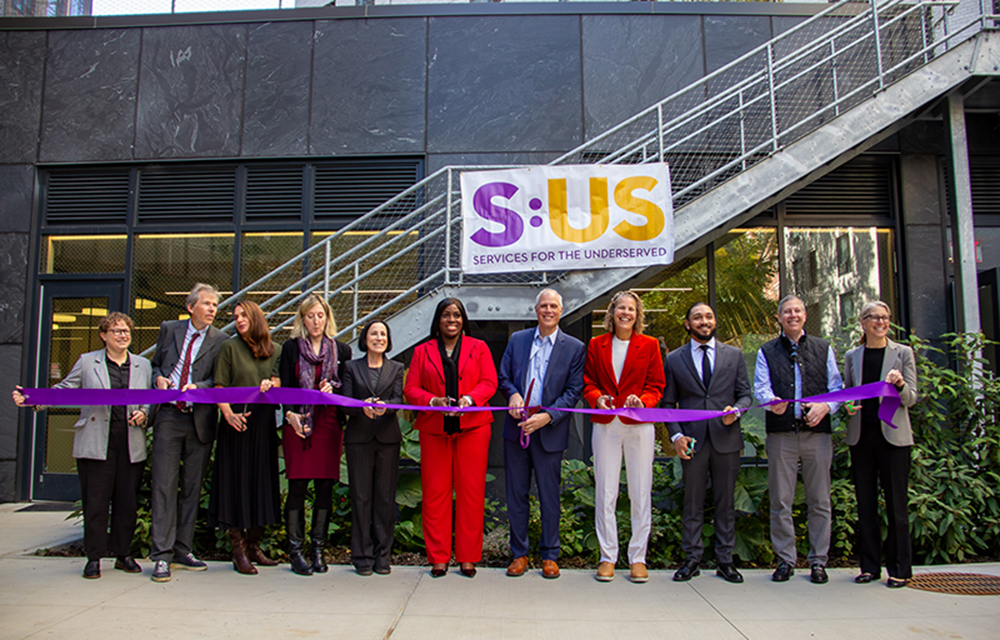News:
Construction Design & Engineering
Posted: November 12, 2013
Maximizing the value of your attorney: The steps to turn yourself into the "best" client
In any team or relationship, we are only as strong as our weakest link. While building effective teams inside your management office is essential, don't forget the equally necessary team building you must do with all your regular vendors, both tradespeople and professionals. Unfortunately, many think that attorneys can do everything on their own and the job of the operator/client is completed upon retaining counsel. This fails to bring team making to this, one of your most crucial relationships as a property manager.
Depending on how you work with your attorneys, you can take excellent attorneys and make them mediocre; but if you master your specialty, you can make even a merely average attorney shine. Great attorneys don't become great at the closing table or in the courtroom. Preparation in the office enables the greatness in the endgame. Your greatest contribution comes in enabling stellar preparation.
"Best" clients are those who operate with integrity, do homework, prepare, organize, honestly assess, maintain clear vision, communicate, learn from experience, and acknowledge the attorneys' efforts. The below steps enable you to turn yourself into the "best" client for all assignments, such as contract preparation, negotiations, and litigation.
Operate with Integrity
The best in any industry operate with the highest levels of integrity. If your attorney knows that you always live and work on the "moral high ground" it eliminates any doubt in the validity of the information you provide them. Thus they can focus on the plan and execution. Equally important is candor. Keep your attorneys informed of both the strengths and weaknesses of your positions. Often, attorneys can fix bad things, but blindsiding them hobbles their ability to repair.
Do Your Homework
The "best attorneys" will often spend a significant amount of time educating you and trying to gather information on your behalf. If you self-educate, they can skip this step. Read about the subject matter and learn from history. The more you understand the subject matter, the more the quality of conversation becomes elevated. When listening to your attorney explaining the field, avoid hearing what you want to hear; seek to hear what you need to hear.
Prepare And Organize
Once you have invested the time and learned about the subject matter, gather and organize all the information your attorney will need in order to represent you effectively. Give your lawyer everything related to the matter even if unasked for. Maintain excellent record keeping and a system to document all incidents related to your opposition. This saves you money on two sides. First, the person who first knows the data probably knows how to organize it more efficiently. Second, your in-house people can probably organize it more inexpensively than your attorney can.
Assessment And Vision
Once your attorney has reviewed the file, the two of you should speak about the quality of the case. You need to establish the strengths, weaknesses, risks, and goals related to the matter. Establish a unified vision of what we can realistically achieve. All successes start with a plan.
Set a Regimen
Maintain regular correspondence between you and your attorney on the matter's progress. The nature of the matter will dictate the appropriate time frame for communication. Some matters need hourly updates, others monthly, most somewhere in between. These regular communications should cover both recent events and plans for the ensuing period. Prior to every event, have a discussion about goals and plans for various future scenarios.
Develop A Template
As you learn more about the subject matter and what information your professional is seeking, Add to your checklist for future cases. For example, for a retail lease, in the first one you did, you only provided copies of ID's and some general terms. By the third lease, you should have a template outlining everything your attorney will need in order to prepare a lease. At project inception your attorneys should receive a template unique for the matter.
After Action Review
At completing each assignment, review what was done well and where you failed. Each shortcoming provides an opportunity for growth. Attorneys want more than their fees. If they put in extraordinary efforts on your behalf, they want to hear a word of thanks. But no amount of verbal thanking will make up for tardy fee payment.
Conclusion
While apparently increasing your workload and taking the onus from your attorney, you have now given your attorney the opportunity to focus on the execution of the legal matter. Your great attorneys will now be able to use their expertise most efficiently. Your attorney fees in the long run will be lower and your results quicker. Your attorney will also appreciate being able to deal with the professional aspects of the matter instead of being mired in grunt work.
Robert Sedaghatpour is a principal at Stratco Property Group, New York, N.Y.
MORE FROM Construction Design & Engineering
NYC mayor and DOB release comprehensive façade inspection and safety study conducted by Thornton Tomasetti
Manhattan, NY New York City mayor Eric Adams and New York City Department of Buildings (DOB) commissioner Jimmy Oddo released the full recommendations from a comprehensive engineering study conducted by global engineering firm Thornton Tomasetti








.gif)
.jpg)
.gif)
.gif)